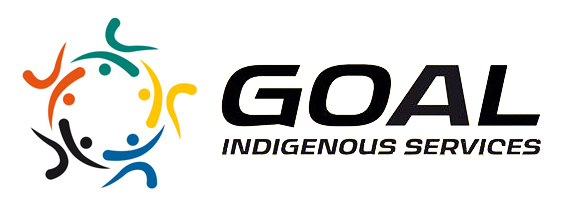Where did that document go…The one you need for a presentation later today? It was just under your novelty mug or was it behind that calendar….?
Having a clean and tidy desk not only prevents sticky situations like the one above, but can help you work better, faster and smarter. It can even make a positive impact on your mental health!
If you’re struggling to find things or just need some help spring cleaning your work desk, we’ve got you. Read on for our helpful tips on how to create the perfect work station, free of unnecessary clutter and mess.
Ergonomics
First things first! Get your desk set up correctly for your posture. If you need help with this, your HR officer will definitely have some information for you on correct desk and chair set up.
We spend so much time sitting down at our desks, it’s really important to ensure we are doing it the right way! The basics are; your screen should be elevated so it’s at eye level and you should be sitting with your feet planted flat on the floor, with a natural spine curve.
If your workplace has an option for adjustable stand up desks, enquire about getting one. They allow you to stand and sit throughout the day, limiting damage to the neck, shoulders and back.
Phone placement
Whether you use a work phone or a mobile, place it on your dominant side, this reduces stretching and straining and can also keep cords neat and tidy.
Blank space
Leave an empty space near your dominant hand – the same side you phone is on – that’s at least the size of an A4 piece of paper. This can be your writing space. Anytime you want to jot down notes in a pad or review paper documents, this will be the place to do it.
Personal touch
Some people like kitschy knic knacs, others like small succulents or a photo frame filled with a family happy snap – whatever you like to decorate your desk with, go for it! Bringing some personality to your desk can help you stay motivated or remain calm in times of stress.
The secret is, keep it limited. This may change depending on the size of your desk, but for most office desks, three items should be the maximum. Sticking to this rule, ensures your work station won’t get cramped – meaning more productivity and less of a possibility of accidents resulting in split coffee!
Stationery
We know it’s hard to resist the urge to horde a stapler, scissors, paper clips and highlighters – you might need them one day! We understand, but this is why stationery cupboards exist. Only keep the supplies you use daily on your desk. Use a cup or holder to keep them up off the desk.
Filing
Employ a filing system and regularly clean out unnecessary files. Stay away from the traditional in/out trays and invest in folders and stackers that use vertical space. This will keep the surface of your desk less cluttered.



